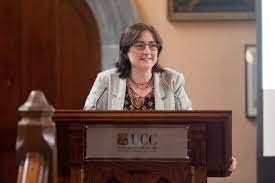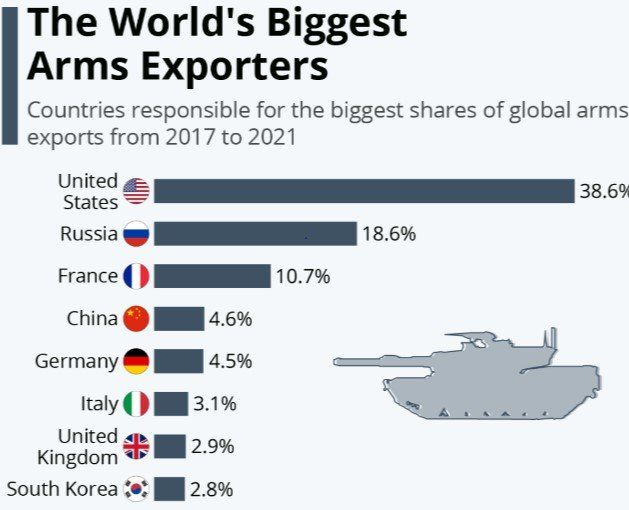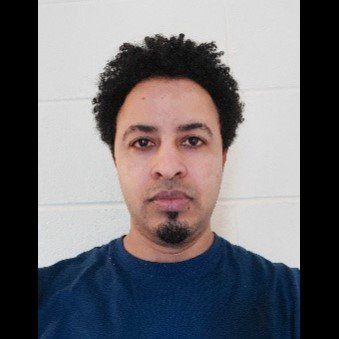Reflections from Gertrude Cotter
I introduced the theme of war and peace by showing images of where there is ‘war’ in the world. Looking at the map, one participant astutely said ‘I see colonialism in that map’. My own view is that colonialism is the key root cause of many of the issues we deal with in Global Citizenship Development Education (GCDE).
My input primarily raised questions. For instance, why is the word ‘war’ not to be found anywhere in the Sustainable Development Goals document? Why, with 8 years left to achieve the SDGs, do we find the following facts at the Global Peace Index and United Nations sites?
- Between 2008 and 2021, the level of global peacefulness deteriorated by 2%. Since 2008 there has been increased political instability worldwide. According to the Global Peace Index: Conflict in the Middle East has been the key driver of the global deterioration in peacefulness since 2008; deaths from external conflict recorded a sharp deterioration driven by the Russian invasion of Ukraine; the rise in costs has increased food insecurity and political instability globally, with Africa, South Asia and the Middle East under greatest threat; the political terror scale, political insecurity, neighbouring country relations, refugees and IDPs reached their worst score since the inception of the GPI.
- 62% of those in extreme poverty are estimated to be living in countries at risk from high levels of violence by 2030.













